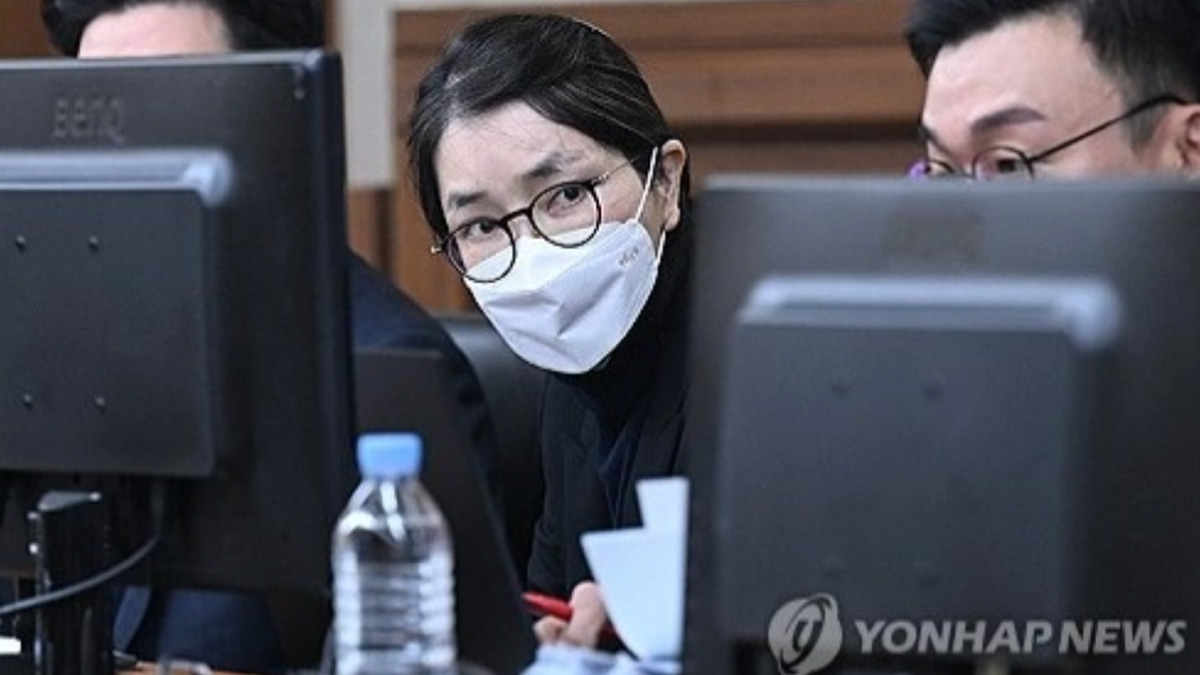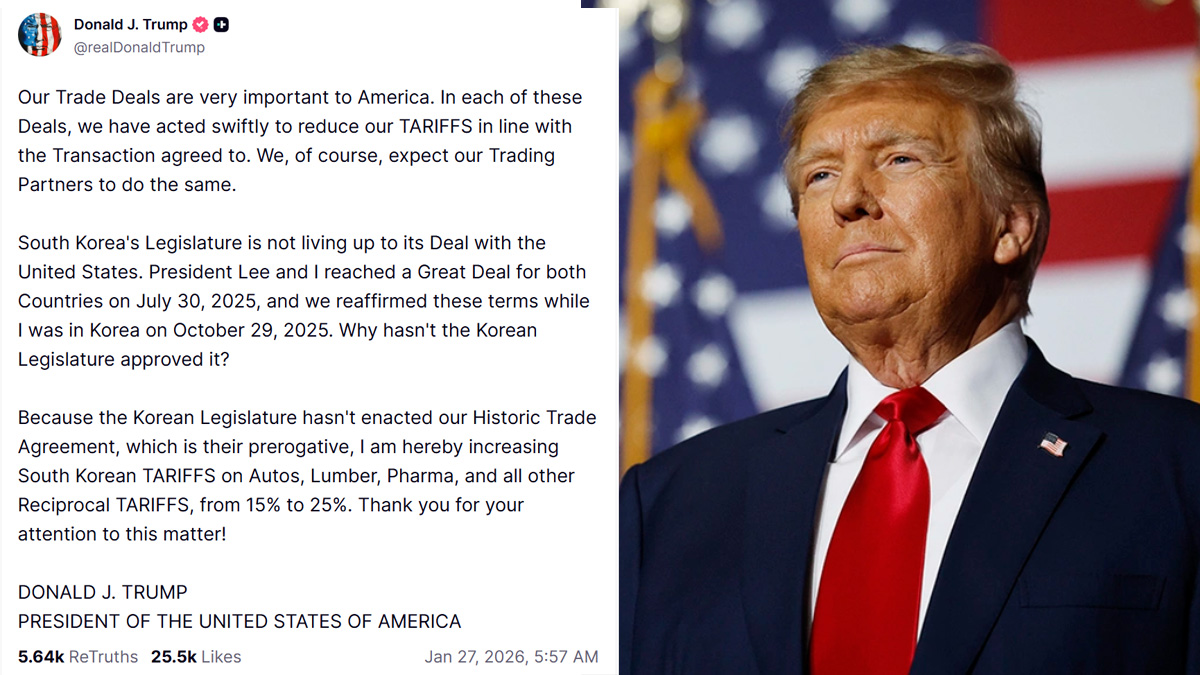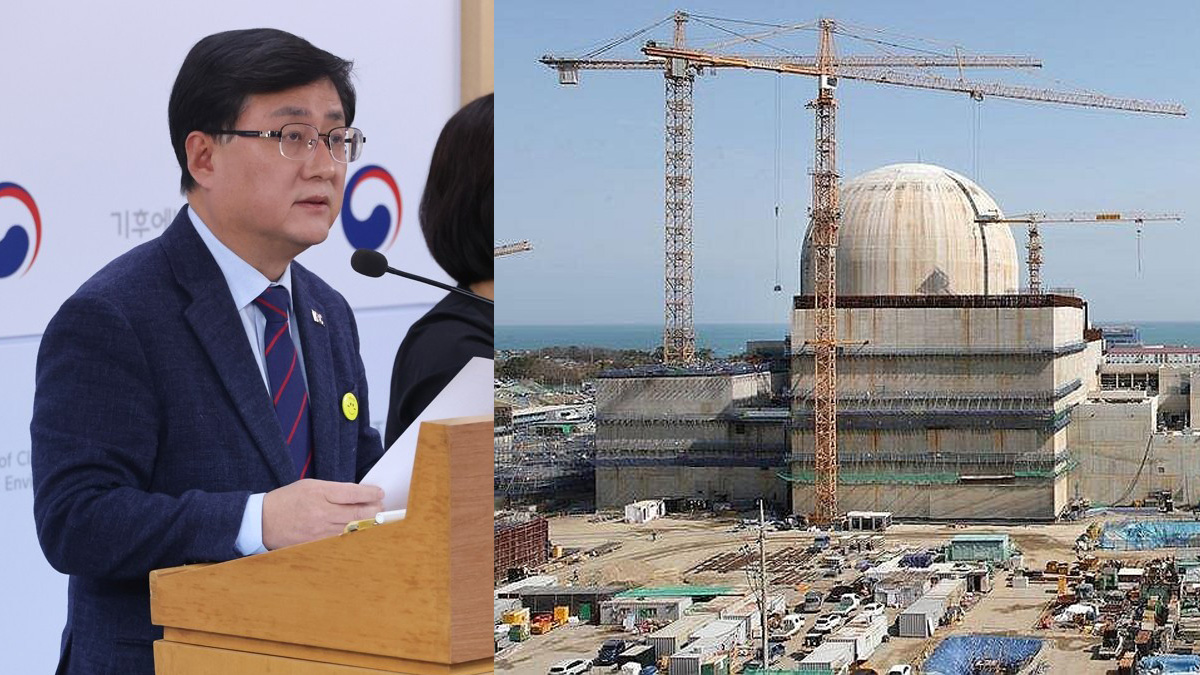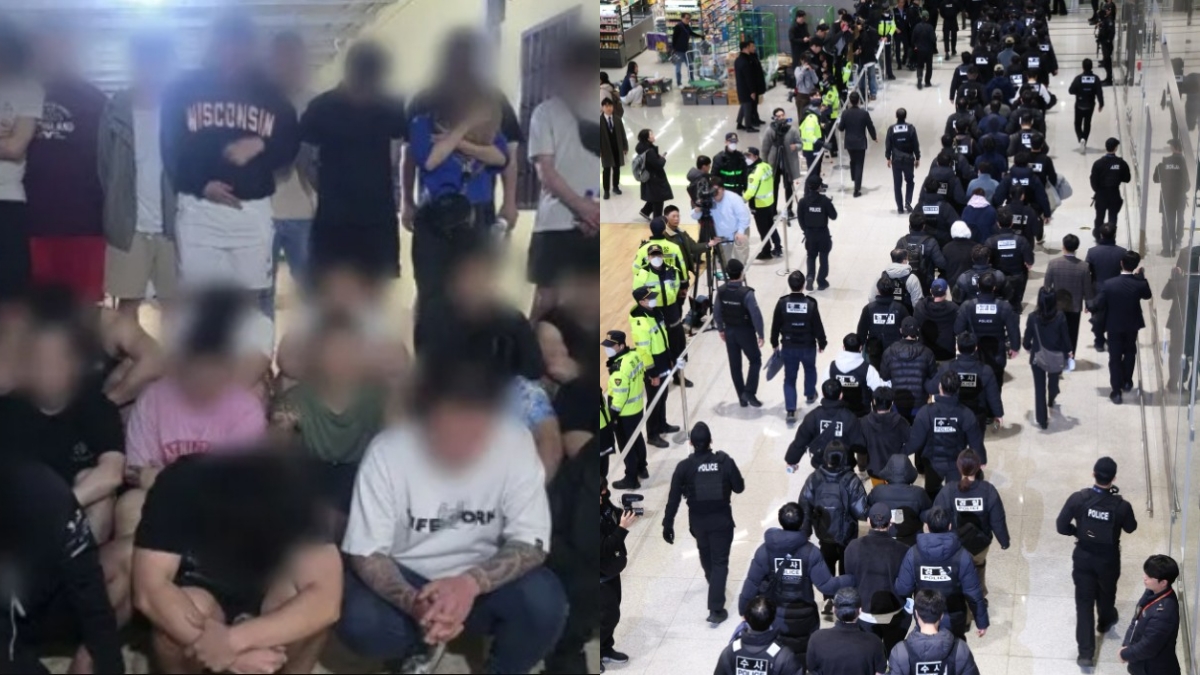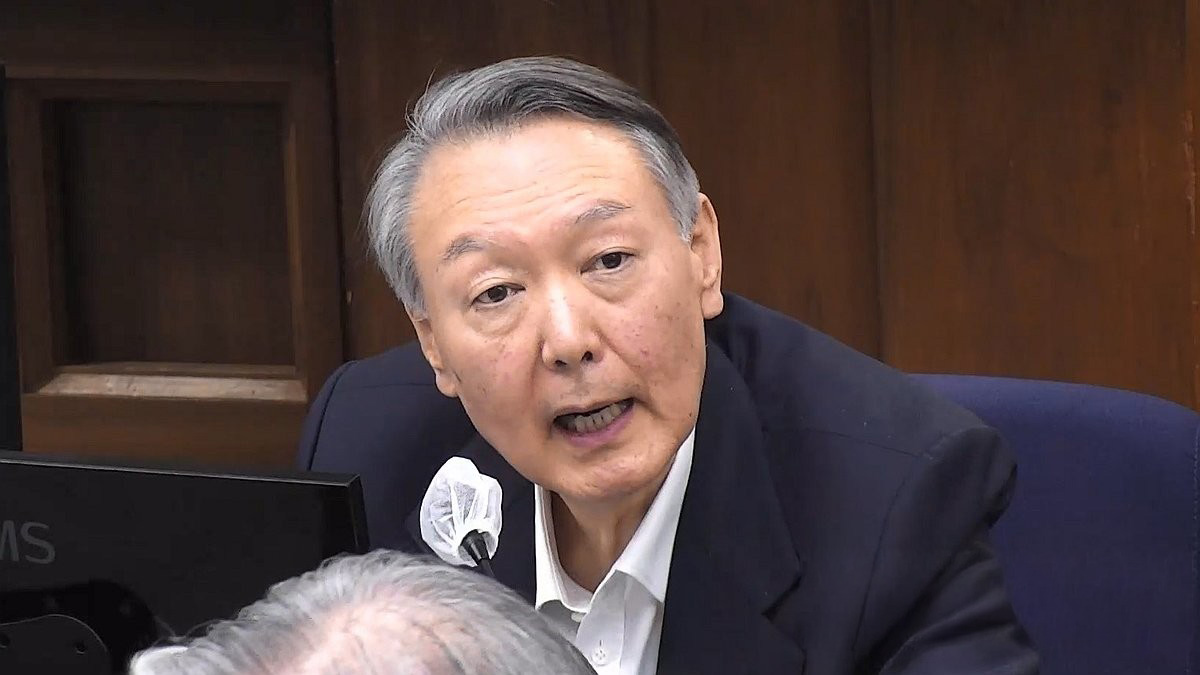Train driver Kim Young-hoon nominated as South Korea’s next labour minister
South Korean President Lee Jae-myung has nominated train driver and former union leader Kim Young-hoon as Minister of Employment and Labour, marking the first time a blue-collar worker could hold the post since the ministry’s creation in 2010.
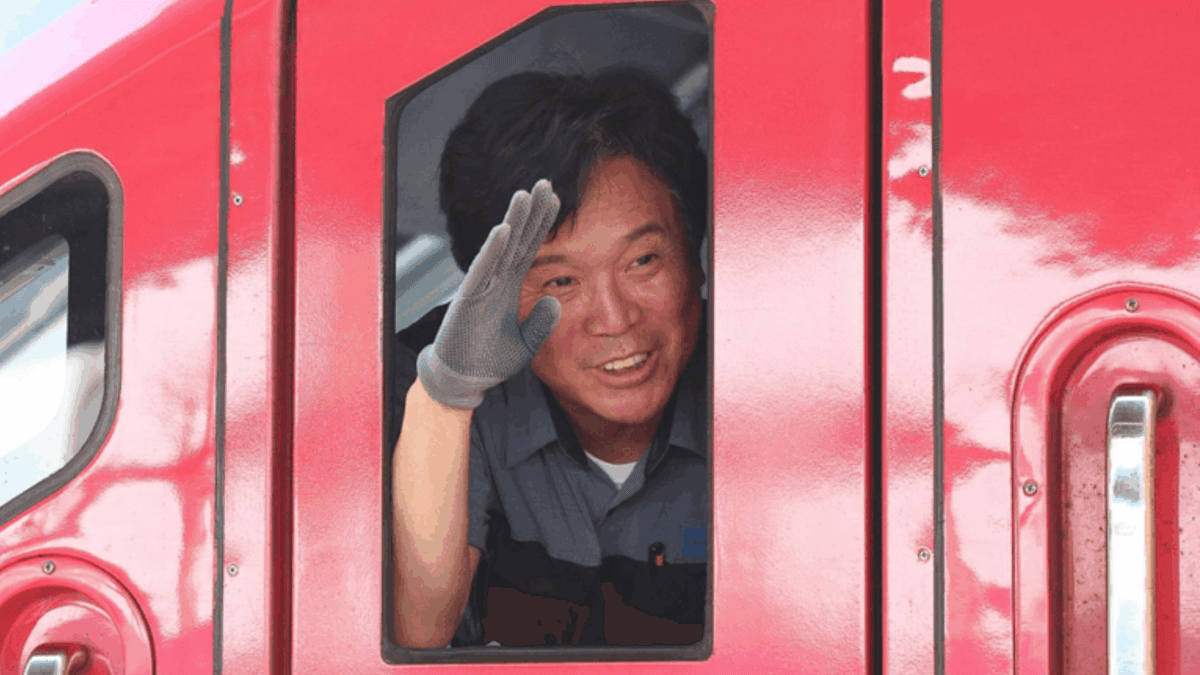
- President Lee Jae-myung nominated train driver and former KCTU leader Kim Young-hoon as labour minister on 24 June 2025.
- Kim would be the first blue-collar worker to hold the role since the ministry’s creation in 2010.
- Labour groups welcomed the move, while conservatives questioned his readiness and influence over policy.
South Korea’s newly elected President Lee Jae-myung nominated train driver Kim Young-hoon as the next Minister of Employment and Labour on 24 June 2025.
The announcement marked a historic shift in the country’s political landscape.
Kim, aged 57, will become the first blue-collar worker to lead the ministry since its establishment in 2010.
His nomination came as a surprise, as he reportedly learned of it only after completing his train route between Gimcheon and Busan.
According to Yonhap News, Kim’s phone was switched off while operating the train. Colleagues informed him of his nomination once he arrived at Gimcheon station.
Supporters hailed the appointment as overdue recognition of workers on the frontline. Critics, however, questioned Kim’s administrative preparedness and the influence of his strong labour ties.
Kim previously led the Korean Confederation of Trade Unions (KCTU), South Korea’s largest and most combative labour organisation, from 2010 to 2012. The KCTU has a history of organising large-scale strikes and protests, often clashing with conservative administrations.
His nomination marks the first time a KCTU figure has been chosen for a cabinet position. Until now, employment and labour ministers have typically come from backgrounds in academia, politics, or the civil service.
Conservative voices raised concerns that the appointment could shift the ministry’s agenda towards union priorities. Political commentator Jang Seong-cheol, a former aide to the People Power Party, argued on “Kim Hyun Jung’s News Show” that Kim may struggle to manage the bureaucracy effectively.
Jang suggested Kim could fill the ministry with ideologically aligned aides, heightening internal tensions. Similarly, Rep. Song Eon-seog, floor leader of the People Power Party, described the nomination as a political tilt towards the KCTU’s platform.
Responding to criticism, the presidential office defended the choice.
Chief of Staff Kang Hoon-sik described Kim as a genuine representative of workers, stressing that the administration expects him to prioritise issues such as workplace safety, anti-discrimination measures, and labour reforms.
Among the reforms cited were the proposed 4.5-day workweek and the “Yellow Envelope Law.”
The law seeks to limit financial liability for workers involved in lawful strikes while protecting broader union activity.
The KCTU welcomed Kim’s nomination, urging the government to break decisively with what it called the anti-labour stance of former President Yoon Suk Yeol’s administration. In its statement, the federation called for renewed dedication to labour rights and pledged to hold Kim accountable to pro-worker policies.
The Federation of Korean Trade Unions (FKTU), the country’s second-largest labour body, also endorsed the nomination. It encouraged Kim to foster inclusive social dialogue rather than relying only on bureaucratic or political solutions.
Kim must now undergo a parliamentary confirmation hearing before assuming office. If confirmed, his appointment would symbolise a turning point in South Korea’s governance of labour issues.
Observers suggest that Kim’s leadership could reshape policymaking by bringing direct worker perspectives into the cabinet, though it also risks intensifying political polarisation over labour reform.


